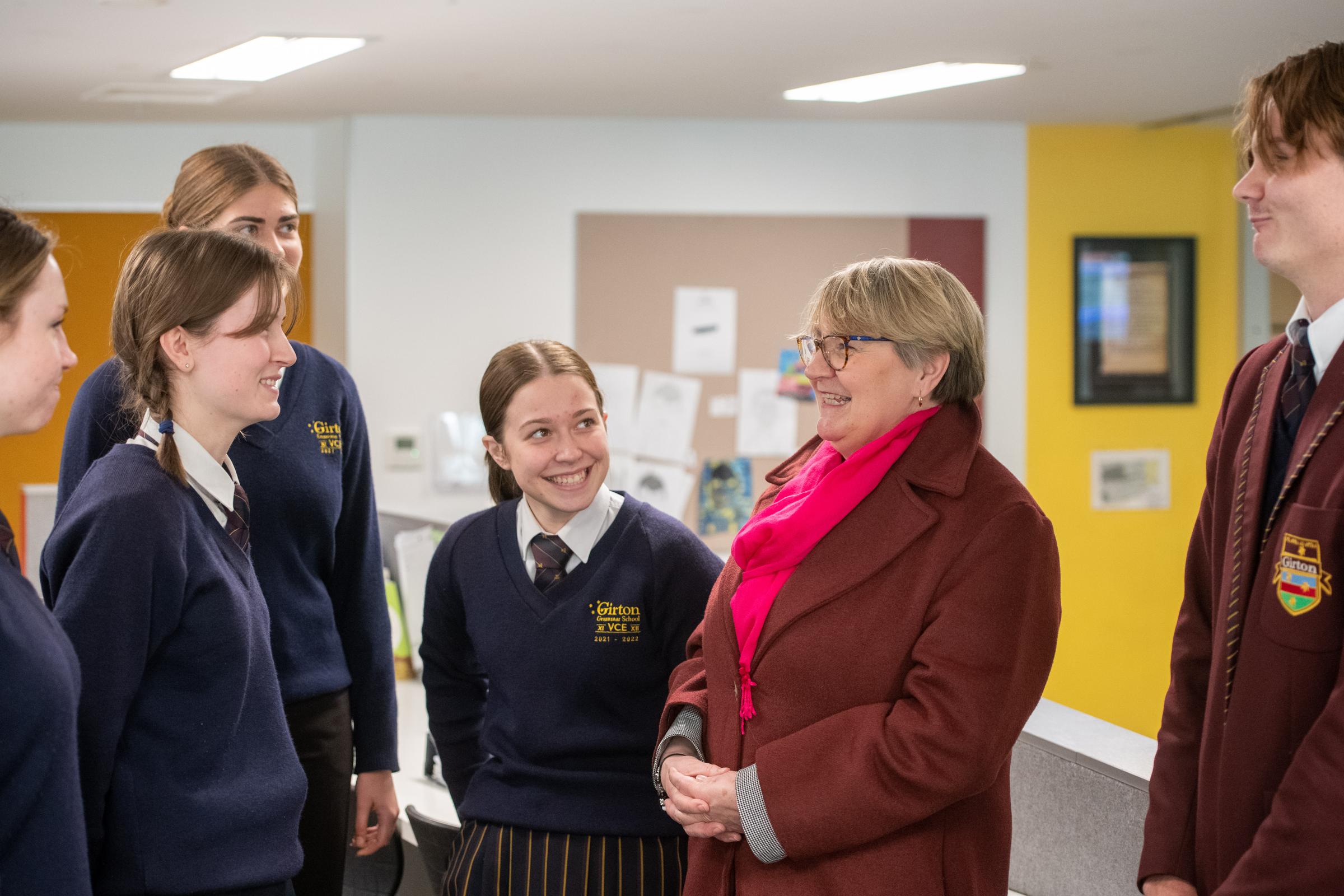From the Head of Senior School

Last week the Year 7 House Tutors conducted Parent Teacher Interviews. These interviews aimed to discuss how the Year 7 students have transitioned and settled into Senior School life. Discussions centered on their organisation, management, getting to and from school, new and established friendships, and the general pastoral care of the child. It was a busy evening and is an ideal opportunity for new families to feel reassured that their child is settling in, making friends, and an opportunity to ask questions.
As we approach the end of Week 6, we only have three full weeks of teaching left before Camps Week in Week 10. At this point in the term, offering those values and words of encouragement to our students and your children is timely. Most students will by now have sat or submitted their first assessment. Their result may have been better than expected, not what they had hoped for or about right for their current ability. Encouragement is defined as ‘the action of giving someone support, confidence, or hope.’ It is the action of cheering someone up and uplifting them. By encouraging others, we are giving them ‘courage.’ We are scaffolding others’ self-esteem and belief in themselves as being able to keep going and slog on through. Marathon runners often say that the encouragement and cheers from the crowd keep them going even when it is hard.
By encouraging our children, we embolden and empower them to know that they are doing a good job and that their efforts are appreciated. Think how crushed the winner of a race would be because, instead of being congratulated for doing a great job and for winning, there was no encouragement, no uplifting words, just the expectation that he or she should have done better. Everyone thrives on praise and being told they are doing a good job; they are good at something. Who does not like to get a smiley face or a positive comment on their work or even a sticker? Why is it that, most of the time, the first thing we say is a negative word or a criticism? If you include your own self-talk in this, then I do not doubt you are your harshest critic. Why do we shrug them off when given compliments and find something negative to say about ourselves or our performance? Words of affirmation and encouragement are so important – in the way that we speak to ourselves, but also in the way we talk to others.
To our Senior School students, I ask you to reflect on your feedback after an assessment. For today – and if you can try to develop it more, the day after and week, weeks, and so on – talk nicely to yourself and encourage yourself. When you get a test result back, and it is a high grade, do not think, ‘I am so rubbish; I should have got the top grade’; try to think of something positive. Remember, there may be someone sitting next to you who is not capable of getting the grade you got, let alone the top grade. Encourage your siblings if you can, or tell your parents what a good job they do. Try to catch those negative thoughts before they cause you to spiral into a day of negativity. If all else fails, take a deep breath and focus on one good thing you can see. If it is not you, it might be your friend. If that is the case, tell him or her. Give your friend some encouragement.
Ms Dawn Davis
Head of Senior School



